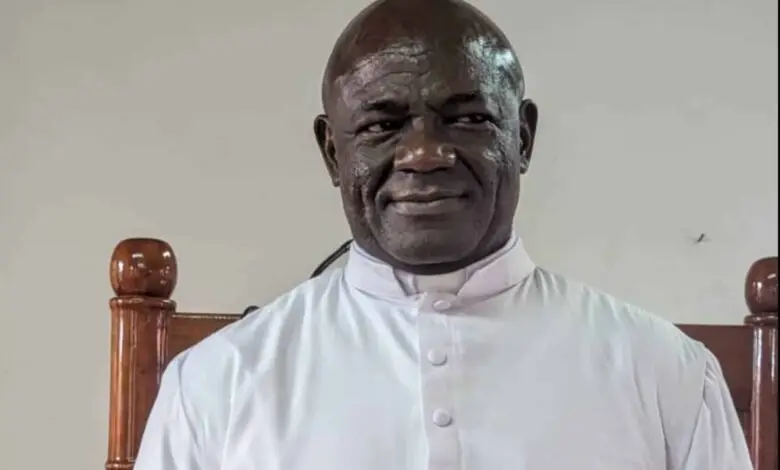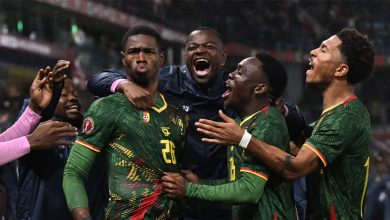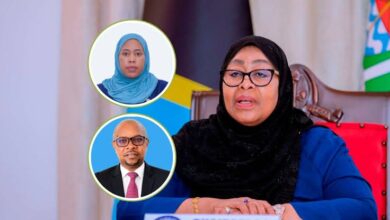Cameroon&8217s Catholic Bishops Demand Electoral Integrit...

Cameroon&8217s Catholic Bishops Demand Electoral Integrit...
Cameroon’s Catholic leadership has stepped forward with moral guidance. The nation is moving toward its crucial October 2025 presidential election. At a recent media briefing, Monsignor Paul Nyaga unveiled a pastoral letter. As Secretary General of Cameroon’s Episcopal Conference, he outlined essential qualities for the country’s next leader. These include unwavering integrity, genuine humility, personal modesty, and strong moral character.
The country’s bishops have emphasized a clear need. Cameroon needs a leader who puts national well-being first. Moreover, they stress that the future president must stay accessible to all citizens. This ensures that every Cameroonian voice matters. While the electoral system follows constitutional rules, there are issues. Opposition groups and civil society often point to gaps in fairness and openness.
The church leaders have seen troubling patterns in past elections. These include violence during campaigns and the unfair exclusion of candidates. Additionally, they’ve noted tampered voter lists and vote buying. To fix these problems, they’ve proposed a new Code of Electoral Conduct. This aims to create better conditions for free and fair elections.
The bishops didn’t stop at electoral matters. They also pointed to heavy tax burdens on ordinary citizens. Yet, these taxes don’t lead to better roads or healthcare. As a result, many Cameroonians feel even more frustrated with their government.
Questions about President Paul Biya hang over the upcoming election. He has ruled Cameroon since 1982. Now 91 years old, Biya raised health concerns after disappearing from public view in late 2024. Furthermore, he hasn’t said if he’ll run again, leaving Cameroonians wondering about possible leadership changes.
As election day gets closer, the bishops’ call for ethical leadership resonates widely. Citizens hope for real democratic change. However, it’s still unclear if these appeals will shape the electoral process. Nevertheless, Cameroon stands at a turning point in its political journey.





